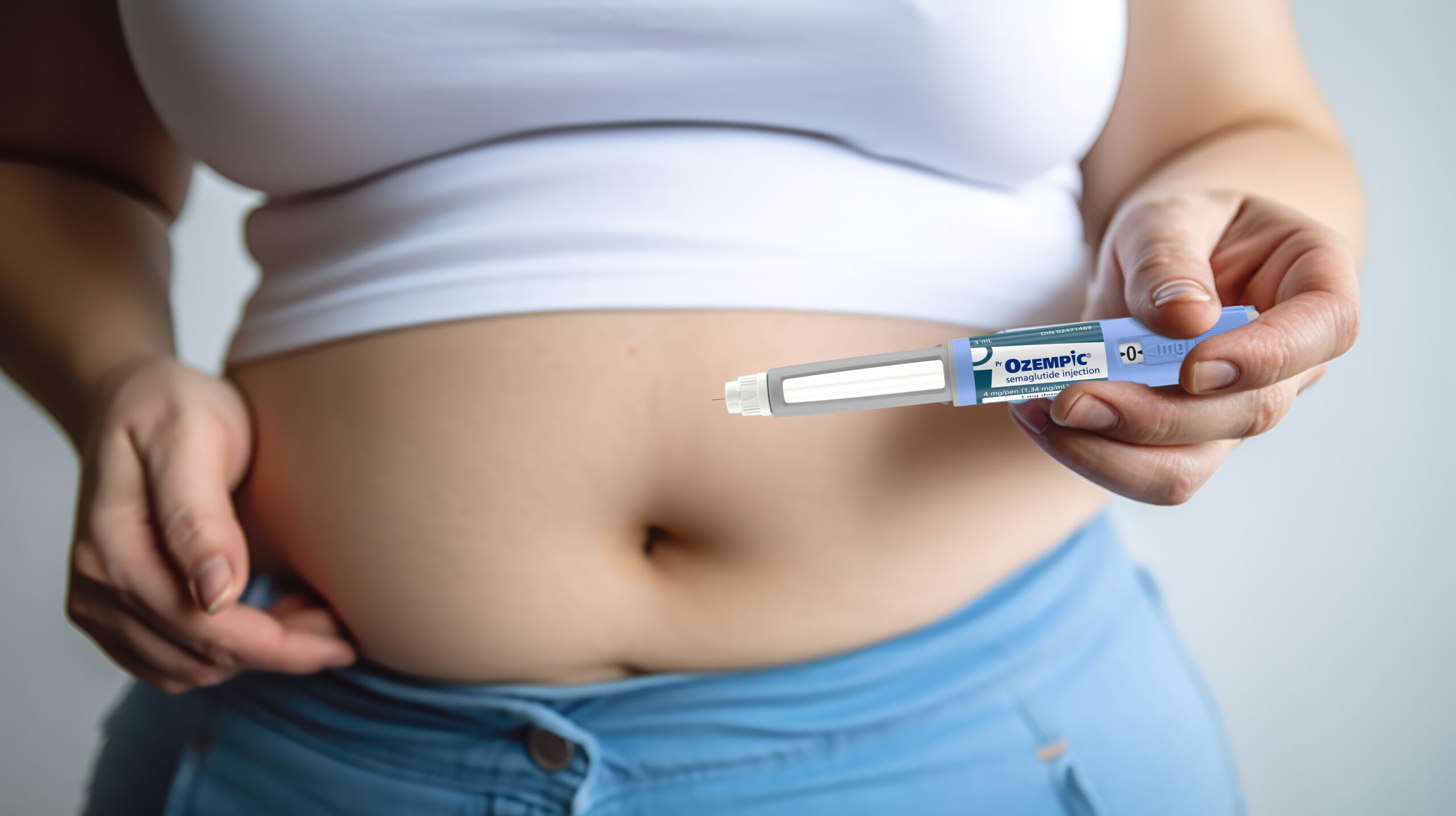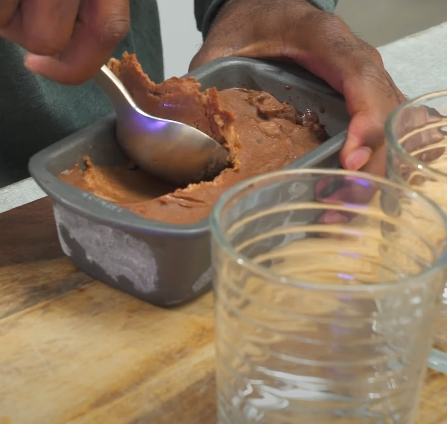Fiber, an essential part of any healthy diet, comes in two forms: soluble and insoluble. Soluble fiber, unlike insoluble fiber, “dissolves in water and can be metabolized by the ‘good’ bacteria in the gut.”
It’s recommended that you consume 38 grams of fiber per day, if you are male, and 25 grams, if you’re female. Unfortunately, almost 95% of American adults don’t consume enough fiber.
One of the most important functions of fiber is the role that it plays in our digestion and intestinal health. There are around 500-1000 different species of bacteria in our intestines – accounting for over 38 trillion cells.
These gut bacteria, known as probiotics, play key roles in weight control, blood sugar control, immune function, and brain function. Specifically, these probiotic bacteria create short chain fatty acids, such as acetate, propionate, and butyrate, which are used by cells in the colon to reduce inflammation and improve digestion.
Maxwell Nutrition’s Probiotic Complex 40 Billion CFU utilizes MAKTREK® Bi-Pass Technology, so that the 40 billion colony forming unit of four unique probiotics will make it to your GI Tract to aid with a healthy gut microbiome. It also contains the prebiotic fiber, fructooliogosaccharide, which helps feed the good bacteria in the intestine.
Just like humans, gut bacteria require energy to function properly, which is where fiber comes into play. Fibers, classified as a prebiotic, provide food for the healthy gut bacteria to help them survive and thrive in your gut. Prunes, for example, contain sorbitol, which increase water content in your stool, can be beneficial for bloating and constipation. Other forms of fiber, like glucomannan, aid in weight loss by acting as an appetite suppressant.
Below are 10 foods that are great sources of fiber and other nutrition needs:
- Lentils: A ¼ cup serving of lentils (58 calories) provides 4 grams of dietary fiber, 4.5 grams of protein and 182.8 mg of potassium (~5% of the RDA*)
- Black Beans: A ¼ cup serving of black beans (55 calories) contains 4.1 grams of fiber, 3.6 grams of protein, and 184.8 mg of potassium (~5% of the RDA)
- Avocados: One serving of an Avocado (1/2 of an avocado is 120 calories) contains 5 grams of fiber. Avocados are also chalk full of healthy fats, vitamin C, potassium, magnesium, vitamin E, and multiple B vitamins. ½ of an Avocado contains 7 grams of monounsaturated fat and 1.35g of polyunsaturated fats. They contain 10.8 mg of vitamin C (~12% of the RDA) and 354 mg of potassium (~10% of the RDA).
- Kale: A 1 cup serving size of Kale (8 calories) contains 2.4 grams of fiber. Kale also contains 1,000 mg of calcium (100% of the RDA), 3015 mcg of Vitamin A (~335% of the RDA), 72.4 mg of vitamin C (80.4% of the RDA), and 329 mg of potassium (~9% of the RDA).
- Blackberries: A 1 cup serving of blackberries (61 calories) contains 7.6 grams of fiber, 418 mg of calcium (~41.8% of the RDA), 27 mg of vitamin C (30.2% of the RDA), 142 mcg of vitamin A (~15.8% of the RDA), and 233.3 mg of potassium (~7% of the RDA).
Green Gold Nutrition’s All-In-One Formula is a great source of dietary fiber and loaded with 200 different ingredients for optimal health. This is a great way to supplement your micro nutritional needs.
- Raspberries: A 1 cup serving of raspberries (78 calories) contains 8 grams of fiber, 29 mg of vitamin C (~32.2% of the RDA), 308 grams of calcium (30.8% of the RDA), and 185.7 mg of potassium (~5% of the RDA).
- Broccoli: A 1 cup serving of broccoli (30 calories) contains 2.4 grams of fiber. There is also 73 mg of Vitamin C (~81.2% of the RDA), 428 mg of calcium (~42.8% of the RDA), 252 mcg of vitamin A (~28% of the RDA), and 287.6 mg of potassium (~8% of the RDA).
- Oats: A ½ cup serving of oats (73 calories) has 4 grams of fiber. Oats contain beta glucan, a soluble fiber that is beneficial for blood sugar control and cholesterol levels
- Chickpeas: A ¼ cup serving of chickpeas (50 calories) contains 2 grams of fiber and 2.5 grams of protein
- Beets: A serving size of 1 beet (35 calories) contains 2.3 grams of fiber. Beets are also chalk full of beneficial nutrients such as iron, copper, folate, manganese, and potassium.
*RDA= Recommended Daily Amount
References
Ellis, E. (2020, November 3). Fiber. EatRight. Retrieved April 19, 2022, from https://www.eatright.org/food/vitamins-and-supplements/nutrient-rich-foods/fiber
Guarner, Francisco, and Juan-R Malagelada. “Gut flora in health and disease.” Lancet (London, England) vol. 361,9356 (2003): 512-9. doi:10.1016/S0140-6736(03)12489-0
Gilbert, Jack A et al. “Current understanding of the human microbiome.” Nature medicine vol. 24,4 (2018): 392-400. doi:10.1038/nm.4517
Ley, Ruth E et al. “Microbial ecology: human gut microbes associated with obesity.” Nature vol. 444,7122 (2006): 1022-3. doi:10.1038/4441022a
Quagliani, Diane, and Patricia Felt-Gunderson. “Closing America’s Fiber Intake Gap: Communication Strategies From a Food and Fiber Summit.” American journal of lifestyle medicine vol. 11,1 80-85. 7 Jul. 2016, doi:10.1177/1559827615588079
Sender, Ron et al. “Revised Estimates for the Number of Human and Bacteria Cells in the Body.” PLoS biology vol. 14,8 e1002533. 19 Aug. 2016, doi:10.1371/journal.pbio.1002533






